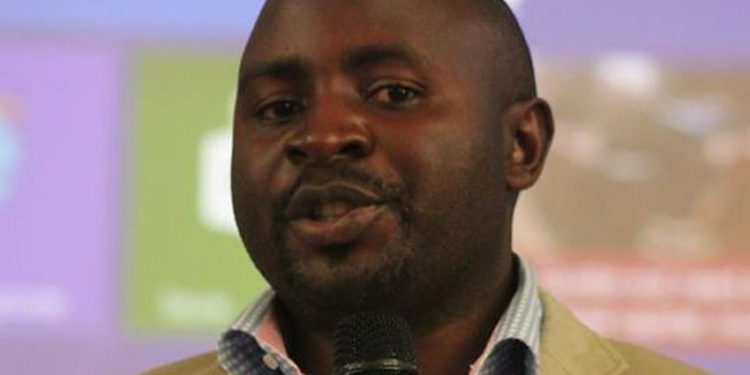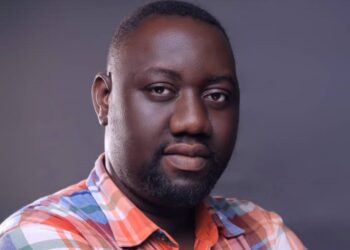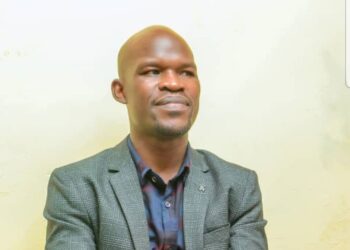There is somebody whose cheeky friends like to call ‘professor’ while those who are a bit honest, refer to him as the ultimate career student. His first degree was in Social Works and Social Administration (SWASA), a course that Ugandans loved in the 1990s. Then Bachelor of Business Administration (BBA) was introduced and it became all the rage. Everyone wanted to do BBA believing the that once you had it, opportunities would open everywhere. ‘Prof’ went for it.
After graduation, the promised jobs were as elusive as those promised by SWASA. ‘Prof’ became frustrated but at that time, lawyers had all the money, wore smart suits, drove nice cars and owned the tiniest of mobile phones — when a having a tiny phone was considered trendy. ‘Prof’ enrolled for the law degree course at Makerere.
He graduated with honours. He was now ready to join the table of the wealthy. But four years at law school meant that hundreds had graduated in that period so the fancy law jobs became elusive. To keep his ‘prof’ moniker, he enrolled for the MBA at MUBS. I heard that he also did a post-graduate course in Project Management at UMI. There are a few politicians in Uganda who are like ‘prof.’
To be honest, I admire his tenacity. By my second degree, I was so tired that I ditched my PhD at 30 ambitions and found solace in the world of hustling.
In the last few weeks, I have received some requests to be a referee for people applying for further studies. Some of them were like ‘prof’, applying for degrees that had nothing to do with what they are doing today or what they studied in the past. Many students are told courses that are trending and go for them. At graduation, the train has moved elsewhere, creating a base of frustrated people.
When you ask many of these young students what their motivation for applying for these courses is, many have no idea. They have been told that this degree course graduates are now in demand and they go for them. Many today are applying for courses in oil and gas management. It is the course that is believed to do the magic that BBAs and MBAs failed to deliver.
The problem of having many diverse degrees is that you become a jack of all trades without mastering any. I believe that you can’t build a meaningful career when you are doing every course that is introduced on the market. Universities are today mainly businesses, which will create as many courses as they think people want. Many of these courses, especially in privately owned universities are taught by people who have no expertise in the courses they are teaching. Google is their primary source of information, which they pass on to their unsuspecting students.
A professional career takes time to build through academics and experience. If you are enrolling for a new course every few years, the chances are that you won’t have much time to be known for anything. Today people might know you as a lawyer and tomorrow; people hear that you are something else. Those are contacts lost, thereby spending a lot of time building a new career and contacts.
Young people need to spend a lot of time deciding what they want to be in life and then create a strategic plan to achieve what they want to be. When we talk about strategic plans, we mainly talk about it for businesses and organisations but as an individual, there is need to have a multiyear strategic plan and stick to it even when things don’t seem to be working especially in the beginning.
A strategic plan is a living document that is periodically reviewed and adjustments made depending on the prevailing circumstances. If the strategic plan is five years and every effort is made to implement it and things aren’t working, then changes can be made to it including abandoning it.
In his book, the Audacity to Win, David Plouffe, the campaign manager for Barack Obama’s first presidential campaign opines that it is better to have a wrong strategy than many strategies or none at all. You can argue that doing a new course every few years is a strategy but you get the drift. So what is your strategic plan?
The writer is a communication and visibility consultant. djjuuko@gmail.com
Do you have a story in your community or an opinion to share with us: Email us at editorial@watchdoguganda.com













